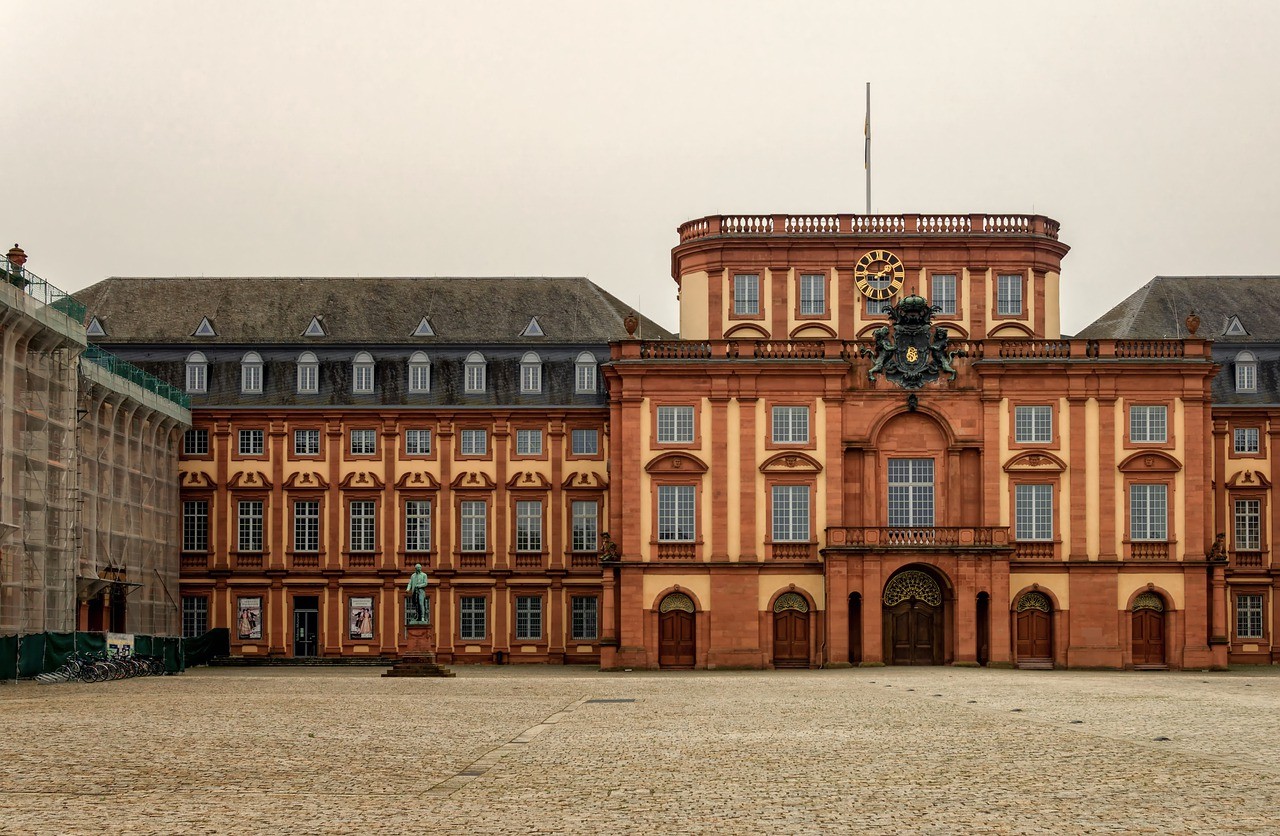“Max Weber Ideal Types”
- “Ideal” literally means a ‘conception or a standard of something in its highest perfection. It denotes an intellectual image or idea instead of a material entity.
- Weber used the term ‘Ideal’ as a mental construct just as a model, for the study and orderly classification of an actual situation. To be more specific, he used the ideal type as an operational tool to recognize and examine social truth.
- Max Weber had a special emphasis on the usage of objectivity as a problem in social sciences. Thereby, to deal with such an issue he used the ideal type as a systematic tool to see at truth objectively.
- It inspects, categorizes, arranges, and describes social realism without biasedness. However, the ideal type doesn’t consider the values, its major role is as an examination tool for comparison and classification. Max Weber Ideal Types
Ideal types are ideas framed based on evidence gathered cautiously and systematically for experiential study. One can infer that ideal types are concepts used as procedural tools in our understanding of any social issue. Max Weber Ideal Types
Construction of Ideal Types.
- Ideal types are framed by the idea and mixture of an unlimited number of fundamentals, that are hardly or never revealed in exact form.
- Weber does not think that he is launching a new theoretical method but rather highlights that he is creating obviously what is already done in practice.
- To construct the ideal types, a sociologist chooses a definite number of characters from the whole, to establish an understandable unit. For instance, if we want to study the state of democracy in a country, our first job will be to describe the idea of democracy using its vital and typical features like a universal adult franchise, the existence of a multi-party system, the formation of government by peoples, representatives, equality before the law, etc, This construction of an ideal type concept of democracy will escort us and work as a tool in our study.
- Hence, Ideal types do not signify the common features but emphasize the vital characteristics. Max Weber Ideal Types
Characteristics.
some important characteristics of ideal types are:
- Guide: Ideal types help to guide experiential research, and are used in the organization of data on historical and social truth.
- Different From Descriptive Concepts: Ideal types are neither an explanation of any fixed idea of realism, nor a theory, but they can support both in the description.
- Analysis: Ideal types aid in reaching overall proposals and in the relative study.
- Typical & Essential Traits: Ideal types are not general types. Instead, they are not well-defined by the features common to all phenomena of study. They are expressed based on certain essential traits.
- Partial Conception: Ideal types do not explain everything. They display a partial idea of the whole.
Purpose.
- Ideal types are procedural devices that help us in the study of empirical questions.
- They help us in avoiding insignificance and uncertainty in the perceptions that other disciplines may use loosely. Max Weber Ideal Types
Three types of Ideal types were used by Max Weber in his works
- Ideal Types of Historical Particulars: Eg- Protestant Ethics etc.
- Abstract Elements of Social Reality: Eg bureaucracy, authority, feudalism. Max Weber Ideal Types
Reconstruction of a particular kind of behavior: Eg laws of supply and demand, marginal utilities, etc.











